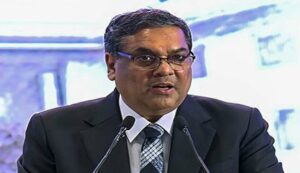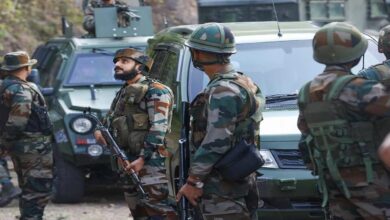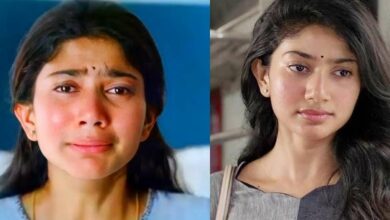These are the decisive decisions of Justice Sanjeev Khanna
Justice Sanjiv Khanna has been involved in a number of significant decisions after his elevation to the Supreme Court in January 2019, including those pertaining to the electoral bonds program and the repeal of Article 370. With important cases like the legality of sedition and marital rape still waiting before the Supreme Court, his six-month term as India’s 51st Chief Justice would not be any less busy.

Born from a family of attorneys, Justice Khanna was promoted from the Delhi High Court to the Supreme Court on January 18, 2019, and he has written more than 115 rulings. Interestingly, he is one of just a few judges who was promoted to the highest court before holding the position of Chief Justice at any of the nation’s High Courts.
Prior to being promoted to Additional Judge in 2005, Justice Khanna worked for the Delhi High Court for over 23 years after earning an LLB degree from Delhi University in 1983. He was appointed a permanent judge in February 2006.
A LOOK AT THE DEFINING JUDGMENTS OF JUSTICE SANJIV KHANNA
The question of whether the CJI’s office was covered by the Right to Information Act (RTI) was one of the first significant issues he decided. Writing the majority ruling, Justice Khanna decided in its favor, concluding that the freedom to knowledge is not inherently incompatible with judicial independence.
Justice Sanjiv Khanna authored the dissenting ruling in 2021, concluding that the Central Vista project did not adhere to the necessary procedures. Redevelopment of the administrative district in Lutyens’ Delhi, India’s power corridor, is part of the project.
Additionally, he wrote the ruling on behalf of a five-judge panel that determined the Supreme Court may award divorces based on “irretrievable breakdown” of marriages under Article 142 of the Constitution.
The court that supported the repeal of Article 370, which gave the former state of Jammu and Kashmir unique status, included Justice Khanna as well.
The legitimacy of the electoral bond program, which permitted anonymous payments to political parties, was perhaps the most well-known issue he was involved in. Justice Khanna, who was a member of the Constitution bench that invalidated the plan, said in his concurring opinion that limiting black money in elections had nothing to do with donor name concealing.
For Justice Khanna, 2024 has been a significant year since he served on the benches that rendered significant rulings on bail, elections, and individual liberty.
He served on a division bench that denied a request for 100% vote verification by VVPAT earlier this year. AAP leaders Manish Sisodia and Sanjay Singh in the liquor policy case, as well as former Delhi Chief Minister Arvind Kejriwal’s bail petitions, were among the politically delicate issues that Justice Khanna handled in the second part of the year.
In a first-of-its-kind ruling in May, the Justice Khanna-led bench gave Arvind Kejriwal three weeks of bail so he could campaign for the Lok Sabha elections. The AAP leader in the ED case was granted temporary release by the bench two months later, stating that he “suffered incarceration for over 90 days”.
CJI SANJIV KHANNA IS LIKELY TO DEAL WITH KEY CASES
Petitioners contesting the criminal law exemption for marital rape are among the first significant cases that are anticipated to be heard by CJI Khanna.
The case of the vicious rape and killing of a female trainee physician at RG Kar Medical College in Kolkata is also being heard by the highest court. A nationwide task group was established by the court to recommend security measures for physicians and other healthcare professionals. The body will shortly deliver its findings, and it is unclear what actions CJI Khanna will recommend.
The validity of the Bihar caste census, the legitimacy of the Election Commission Appointments Act, and the extent of the “need and necessity” of arrest in PMLA cases are just a few of the matters that Justice Khanna is expected to form benches to consider.





